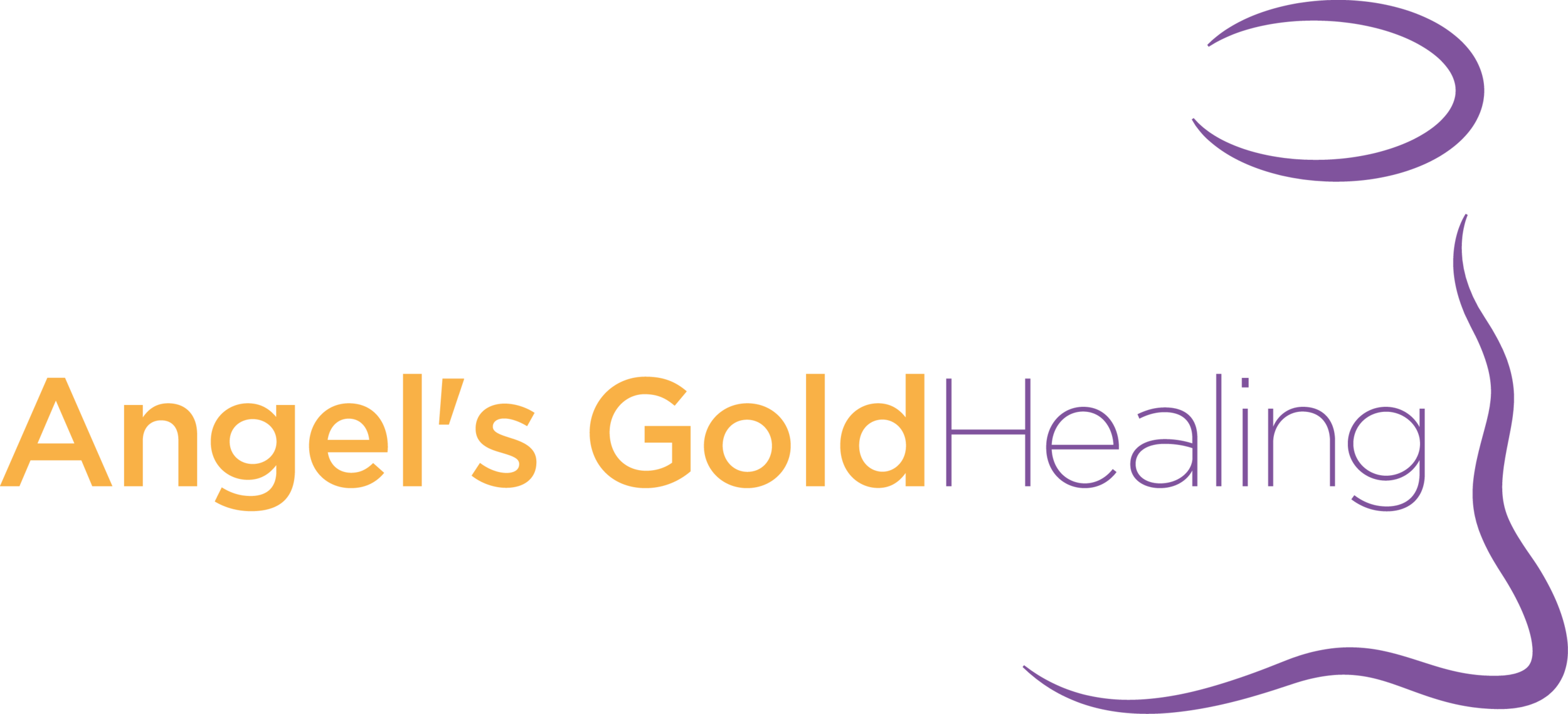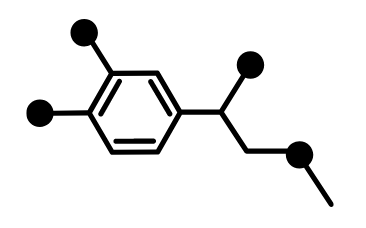The Adrenaline Cycle
Anxiety and adrenaline go hand in hand. Most people with anxiety have a destructive cycle of adrenaline coursing through their bodies that unfortunately exacerbates and perpetuates anxiety. To heal the physical aspect of anxiety, you need to disrupt the adrenaline cycle for your body and mind to get some much-needed relief.
What’s Good and Bad about Adrenaline
Adrenaline, also called epinephrine, is beneficial when you are in immediate danger. It’s your fight or flight response kicking in. Adrenaline enhances your strength, focus, and endurance to help you escape threatening situations. However, prolonged daily exposure to adrenaline has a corrosive effect on the body. It is more toxic than any other chemical on the planet. The continual prevalence of adrenaline has detrimental long-term effects on your body, especially your liver, nerves, and adrenal glands. To heal from anxiety, it is imperative that you lower the adrenaline in your body and break the destructive adrenaline cycle that feeds anxiety.
Anxiety and EBV
To fully understand the effects of adrenaline and the adrenaline cycle, it’s important to explain the physical manifestation of anxiety in your body. (This information comes from the book Thyroid Healing by Anthony William.) Many people believe anxiety is tied to genetics, but long-term debilitating anxiety is caused by a high viral load in the body, with most likely the Epstein-Barr virus (EBV) as the main culprit. The EBV produces neurotoxins that attach to your nerves, specifically your vagus nerve (which connects to your brain), and inflames them. Additionally, large amounts of toxic heavy metals in your brains weaken your neurons and neurotransmitters causing electrical misfirings in your brain activity. The viral neurotoxin attack on your nervous system, in addition to heavy metals in your brain, wreaks havoc in your body, causes anxiety, and starts an intense adrenaline cycle that strengthens and perpetuates anxiety.
With anxiety, the adrenaline coursing through your body becomes cyclical, since adrenaline is one of the EBV’s favorite foods. When you are stressed, your body produces adrenaline. The EBV then feeds on this adrenaline, becoming stronger and creating more damage to your nervous system. The more adrenaline your body produces, the more food you supply the EBV and the stronger it becomes. This creates more anxiety which eventually produces even more adrenaline and so on. As a result, you develop a vicious adrenaline cycle in your body.
Adrenal Fatigue
Most people with anxiety also have adrenal fatigue. Anxiety and the adrenaline cycle over a long period of time will cause adrenal fatigue/exhaustion which fuels the production of even more adrenaline. Adrenal fatigue means your adrenal glands are worn out from overproducing adrenaline to the point of exhaustion and can no longer effectually produce hormones, either over- or under-producing them.
To heal anxiety, you must put an end to this adrenaline cycle. Reducing your adrenaline production will weaken the EBV by inhibiting its food supply. Since it’s impossible to eliminate all stress from your life, it’s important to care for your body and lessen your stress load as much as possible. Below are five things you can do to reduce the amount of adrenaline your body produces, mitigate the effects of adrenaline on your body, and disrupt the adrenaline cycle.
5 Steps to Break the Adrenaline Cycle
1. Eat more fruit.
Incorporating healthier foods supports your body during stressful times. However, with respect to healing anxiety, fruits are at the top of the list and can have a profound impact on your healing. The glucose from fruits acts like fire extinguishers, putting out the electrical misfirings in your brain from the toxic heavy metals. The glucose also coats and protects your nerve endings and fuels your liver so that it can work to rid your body of the EBV.
2. Eliminate eggs and dairy.
Eggs and dairy are the top two favorite foods of the EBV, in addition to adrenaline. Eliminating these foods from your diet can significantly improve your anxiety. Actively avoiding eggs and dairy prevents the EBV from getting stronger and disrupting your nervous and endocrine systems.
3. Take a break from adrenaline activities.
Take a break from any activities that produce excess adrenaline such as amusement parks, skiing, snowboarding – anything that known for its adrenaline rushes. Your body needs a break from adrenaline because your nervous system is frazzled. I’m not suggesting you permanently remove them from your life, just until you get relief from anxiety. However, you may find that you feel more fulfilled when you are anxiety-free than you ever did from the adrenaline producing activities.
4. Nurture your nervous system.
Spending time in nature, going for peaceful walks, doing gentle yoga, meditating, and connecting to your breath are some examples of ways to nurture your nervous system. You reduce adrenaline by taking consistent daily actions to heal your body as you make these activities part of your daily routine. Regularly calming and soothing your nervous systems teaches your body a new “normal” way of being as they weaken the adrenaline cycle. These activities have a stronger impact on your body and nervous system the more regularly you do them.
5. Let go of perfection.
Always striving and pushing yourself creates adrenaline, feeding anxiety. It’s important to be gentle with yourself and let go of the need to be perfect. Practicing radical self-acceptance as you are today ensures you are not adding any additional stress to your mind and body. Remember, that you are perfectly imperfect.
Knowledge is power. Understanding the adrenaline cycle and the impact it has on your anxiety activates healing. Knowing what’s going on in your body provides clarity and eliminates much of the confusion around anxiety. Healing anxiety is possible. Gently incorporating these five tools to help mitigate the adrenaline cycle will help to heal anxiety and your body.









